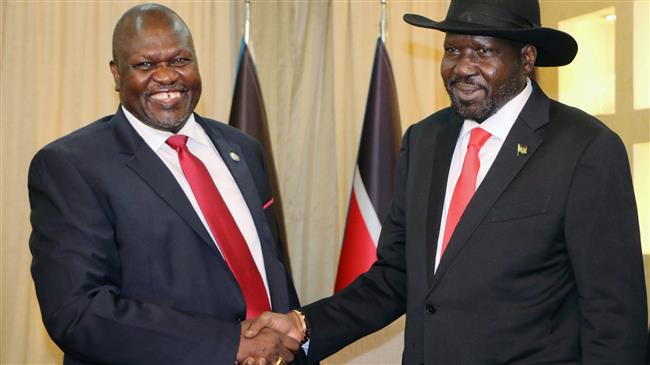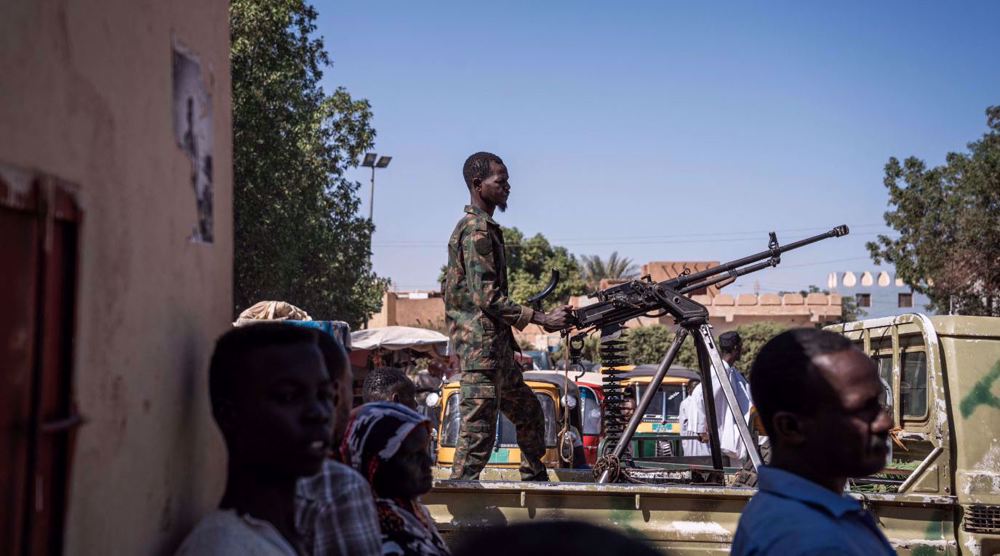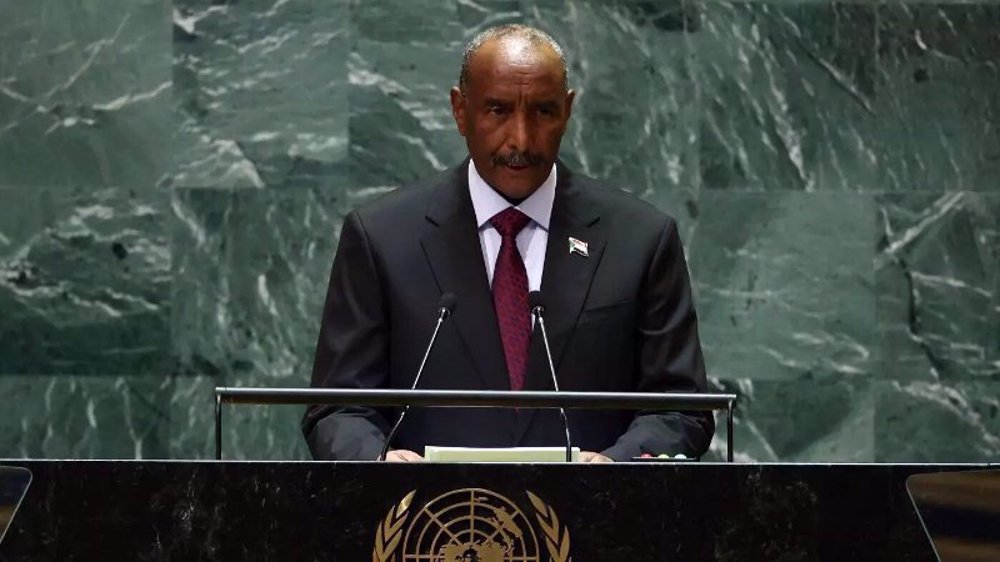South Sudan’s Machar calls for delay in interim government formation
South Sudan’s former vice president and rebel leader Riek Machar has called for a six-month delay in the formation of a transitional unity government after he accused the administration of President Salva Kiir of failing to implement a peace agreement aimed at ending a bloody conflict.
Last month, the opposing parties agreed to establish a transitional government by November 12 following months of talks and broken ceasefire deals.
But Machar’s spokesman Puok Both Buluang said he did not believe the former rebel leader would be able to join a unity government before the deadline.
"It's not rocket science that the government in Juba lacks political will to implement the peace deal," the spokesman added.
He also urged the government to release funds it had agreed to spend on implementing the agreement, adding that the additional six months would "give room" for resolving issues.
At a public event, President Kiir did not directly comment on the remarks, but said all sides to the pact had committed to forming the unity government on November 12.
"I want to welcome (the opposition) and forget all the bitterness," he said.
South Sudan, the youngest country in Africa, has been gripped by a bloody civil war since December 2013, when Kiir accused Machar of plotting a coup. The two sides were then involved in a cycle of retaliatory killings that have split the impoverished country along the ethnic lines. Tens of thousands have been killed and millions displaced thus far.
The September 2018 deal was hammered out under pressure from international and regional powers.
The peace deal called for a unity government, but it has been delayed as the government says it cannot afford the disarmament and the assimilation of former rebels in the army, which is a key provision of the accord.
An international body monitoring the ceasefire said the government has so far allocated $10 million of the pledged $100 million.
Under the pact, the two sides have agreed to hold elections after a three-year transition period.
They do not see eye-to-eye on some details of the deal. The number of states South Sudan should have is among the outstanding issues.
A UN Security Council delegation arrived in Juba earlier this month to try to convince the two sides to resolve their differences over the accord.
A similar peace agreement, which returned Machar to vice presidency, was reached in 2015 but fell apart a year later in a deadly clash that forced Machar into exile.
VIDEO | Press TV's news headlines
Israeli strikes on north Gaza hospital ‘extremely dangerous, terrifying’: Director
VIDEO | Yemen targets Tel Aviv with Palestine 2 missiles
Pezeshkian: Iran resolved to complete North-South Transport Corridor
VIDEO | Iran-Syria: For Resistance
Qassam Brigades claims killing 3 Israeli troops in northern Gaza
More alive than ever: Sayyed Hassan Nasrallah's legacy grows stronger in martyrdom
Occupation of Syria’s highest peak Mount Hermon part of ‘Greater Israel’ project













 This makes it easy to access the Press TV website
This makes it easy to access the Press TV website